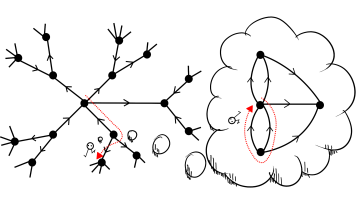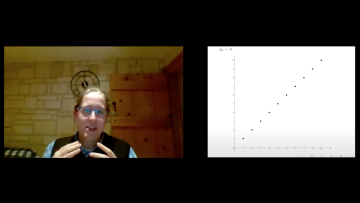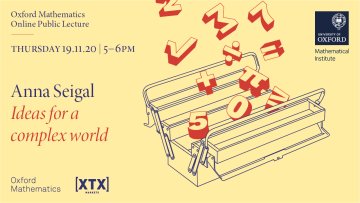14:30
“Chiral” field theory, fishnets and integrable spin chains
Please contact Erik Panzer or Ömer Gürdoğan to be added to the mailing list and receive joining instructions to the online seminar.
Abstract
In this talk I will review the work that has been done by me, N. Gromov, V. Kazakov, G. Korchemsky and G. Sizov on the analysis of fishnet Feynman graphs in a particular scaling limit of $\mathcal N=4$ SYM, a theory dubbed $\chi$FT$_4$. After introducing said theory, in which the Feynman graphs take a very simple fishnet form — in the planar limit — I will review how to exploit integrable techniques to compute these graphs and, consequently, extract the anomalous dimensions of a simple class of operators.





